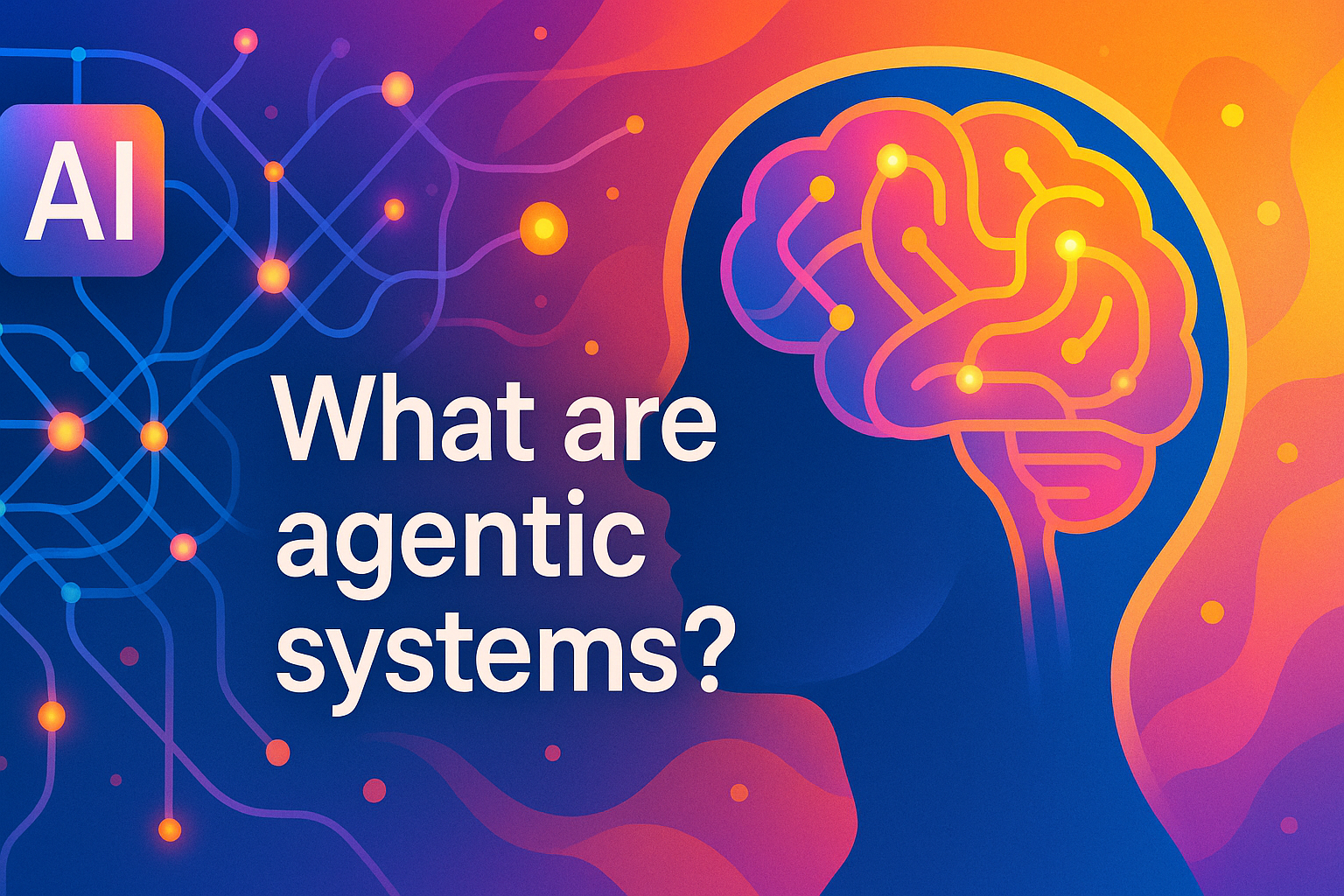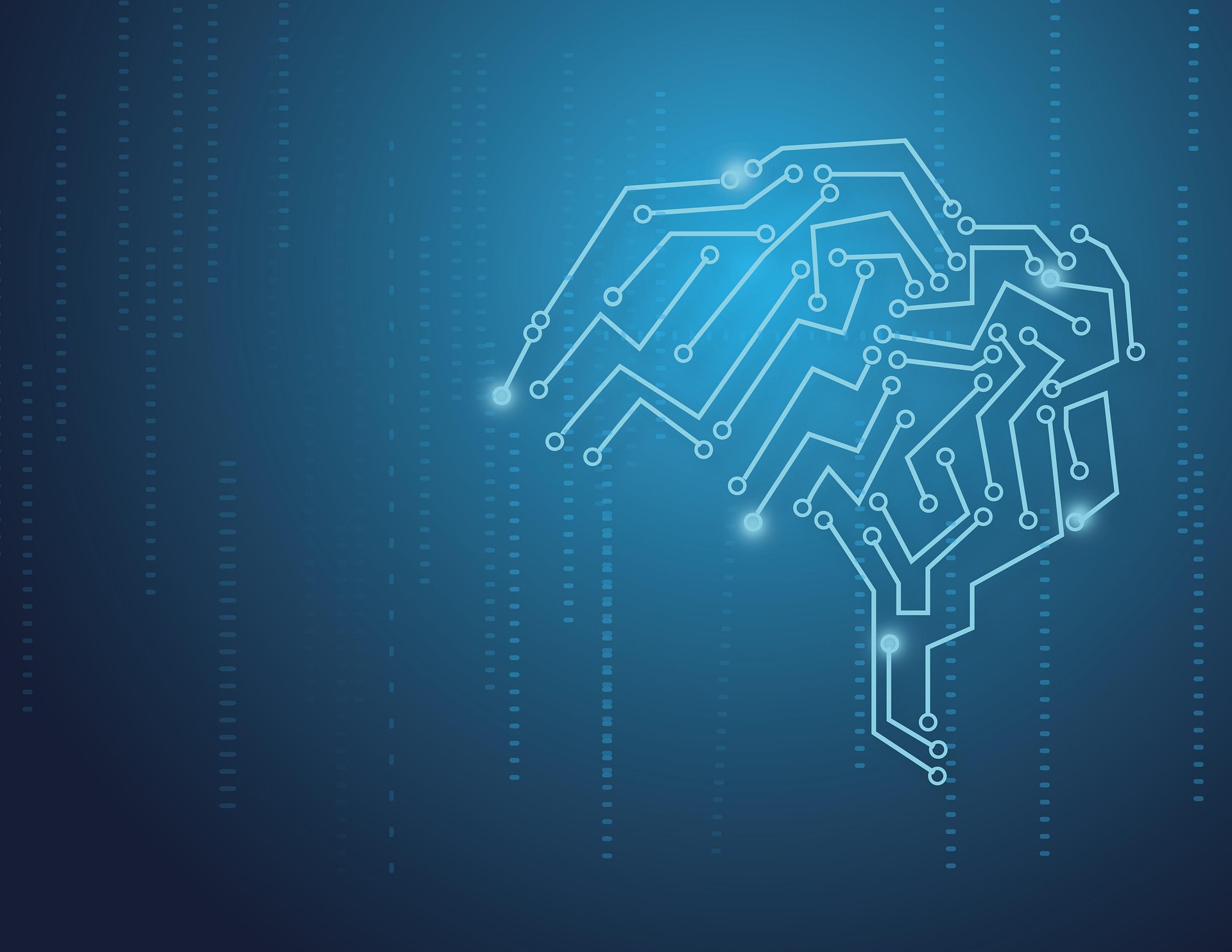What are agentic systems?
Agentic systems deploy AI agent software routines to complete complex and multi-stage tasks

Sign up for breaking news, reviews, opinion, top tech deals, and more.
You are now subscribed
Your newsletter sign-up was successful
Agents are autonomous AI tools which have the capacity to act on their own, respond to new circumstances and complete tasks as instructed.
These systems mark the point where artificial intelligence transitions from a simple tool to a sophisticated mission manager.
The ultimate goal is for an AI agent to accomplish a task over a long period of time, using multiple steps and decision trees. However at the moment they are mostly limited to single task routines, or with tasks that involve human interaction during the process.
As with many aspects of the current artificial intelligence boom, there are several misconceptions, and quite a lot of hype attaching to AI agents in general.
For one thing AI sales people are increasingly trying to blur the distinction between simple AI software tools, and the more sophisticated AI agentic systems.
The latter are still very much a work in progress, and are yet to exhibit the kind of autonomous power that has been talked about for decades in the AI arena.
The difference between AI tools and AI agents
It's important to understand what the differences are between an AI tool and an AI agent.
Sign up to the TechRadar Pro newsletter to get all the top news, opinion, features and guidance your business needs to succeed!
Chat bots, personal assistants, and other interactive AI tools, are basically just 'dumb' tools.
Agents, on the other hand, have some key differentiators which define the genre.
Probably the most important of these are autonomy, adaptability and decision making.
Ultimately, an agent will also incorporate some measure of self-determination, which is a combination of all these factors, and which will deliver something close to full human agency.

Imagine a personal assistant that can not only schedule your calendar, but also understand your specific likes and needs.
It can decide whether it’s better for you to attend a business meeting or focus on a personal task, and schedule things accordingly without you explicitly telling it what to do.
That’s full agentic AI at work - it’s not just following predefined rules, it’s learning from the environment it faces, making decisions and adapting to new information.
It's probably fair to say we're nowhere near this level of full autonomy yet, although parts of the equation are already in place in different applications.
We are now slowly entering a period where we can reliably expect an artificial intelligence system to complete tasks in the same way as a human would.
For instance, in the software engineering field, there are tools like Devin AI which are debugging and writing code autonomously with very little human interaction.
The need for speed
Many of these agentic systems are still constrained by the amount of computing power they can draw on to complete a task.
As we know, AI is extremely compute intensive, which means that chaining multiple tasks together consumes an extraordinarily large amount of energy and computing time.
Fortunately there's a large amount of research being done to optimize AI models so they can do more with less.
This includes creating smaller specialised models, rather than relying only on large general purpose foundational models.
This efficiency drive is also being pushed by the open source AI movement, which is making huge strides in improving AI capabilities using personal computers rather than massive cloud data centers.
The problem with safety and security

One of the other constraints on the development of AI agent systems is the concern over security.
Autonomous AI has the built-in capacity to go off track and operate outside of general ethical alignment rules.
A lot of work is therefore being done to manage these risks, so that autonomous systems stay safe in operation.
There have unfortunately already been instances where simple AI agents, such as customer support assistants, have acted outside of their training, and delivered incorrect or even abusive responses to human customer requests.
The potential for this kind of misuse obviously grows as agents acquire more autonomy and intelligence.
As a result there are a number of powerful and well-funded organizations such as Ilya Sutskever's SSI Inc, which are now focusing on ensuring that AI in general, and agentic systems in particular, adhere to clear and manageable rules and behavioral guidelines.
Time will tell whether this is enough to keep us all safe.

Nigel Powell is an author, columnist, and consultant with over 30 years of experience in the tech industry. He produced the weekly Don't Panic technology column in the Sunday Times newspaper for 16 years and is the author of the Sunday Times book of Computer Answers, published by Harper Collins. He has been a technology pundit on Sky Television's Global Village program and a regular contributor to BBC Radio Five's Men's Hour. He's an expert in all things software, security, privacy, mobile, AI, and tech innovation.
You must confirm your public display name before commenting
Please logout and then login again, you will then be prompted to enter your display name.